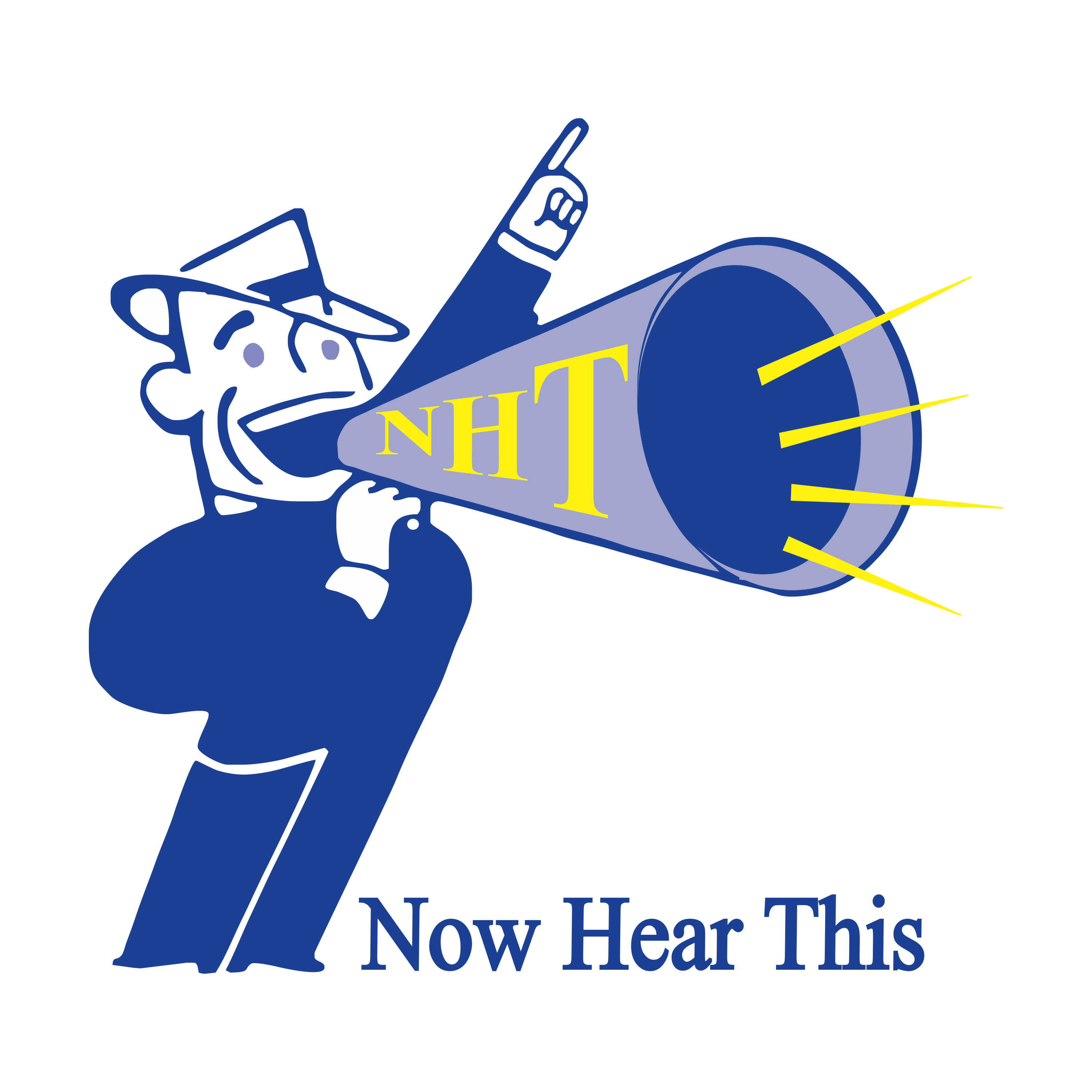
Last year around this time I posted a blog about not exaggerating when it comes to the size of your business, your company. If you’re a solopreneur, I wrote, just admit and be proud of that. But I’ve witnessed enough in the almost twelve months since then that I need to provide a sequel to that post. The behaviors that I need to discourage this time around can only help you avoid someone coming away disappointed from what they expected.
It's so important to remember that people nowadays can very easily find out what something really is (or isn’t) thanks to social media and even texting, be it words or pictures. In the latter case, someone can be at an event and instantly send a message to someone else letting them know what they’re witnessing firsthand, kind of like an on-the-scene news reporter.
More than seven years ago on this site I posted a blog in which I advised against using the expression “shared the stage.” Yet that lesson, apparently, needs to be brought back around too because I still hear people using it in a manner that is very misleading.
Keeping in mind that scores of people can attest otherwise, if a major event starts with you coming onstage to sing the national anthem, and then after you leave the stage a headliner comes on, you didn’t “share the stage” with them. Unless that headliner says, “Wow, wasn’t (your name) terrific? That was some national anthem performance, huh? Let’s get (him/her) back out here. Let’s do a song together,” then you didn’t share the stage.
Here's why it’s a big deal to really be clear about things like that.
| Related posts: |
| Being Honest and Responsive Will Serve Your Indie Music Career Well |
| Turning People OFF From Doing Business With You |
Let’s say you get interviewed on a radio or TV show or a podcast and everywhere your bio appears there’s a reference to sharing the stage with (headliner). Now the interviewer reads and asks you about that and, gulp, you have to come clean with, “Well, there really were x thousand people there that I sang in front of, but it was just the national anthem, and I didn’t actually perform with (headliner).” Oops.
Consider too if someone were to read that you “shared the stage with (headliner)” and they ask, “Oh, wow, what was (he/she) like?” When you then respond with, “Well, I didn’t get to meet (him/her),” they’re going to say, “I don’t get it. I thought you said you shared the stage with them?”
Another way to think of it is if someone played in a 12 Noon charity softball game at Tropicana Field and then at 7pm the Tampa Bay Rays took the field to host the Boston Red Sox, should that person be saying, “I shared the field with Major League Baseball players”? Of course not. So, you shouldn’t be using your music version of that either.
Samantha Leigh was the guest on both episodes 342 and 67 of “Now Hear This Entertainment.” The first time on the podcast I talked with her about singing with Paul McCartney because she had a picture of her and the Beatles legend standing next to each other singing together. In the last week or so she had a picture on Instagram of her and Common singing together. That, my friends, is sharing the stage.
Here’s something else that’s going on where expectations also need to be managed better.
If you participate in a writers’ round, no matter how well-known you feel it might be or who’s running it or how long it has been going on for, the picture that you paint of it on social media (or anywhere else you mention it, such as your website or e-newsletter) needs to be an accurate depiction of what’s really happening there.
Yes, if it’s a long-running, regularly scheduled event, word is going to get around and plenty of people are going to come to know about it. BUT, never mind even being interviewed about it. What about someone who’d only heard of that round actually showing up and it not looking like what you made it out to be? I’m referring to a listening room atmosphere versus it actually being in a noisy place where the ‘audience’ (using that term loosely) is not one hundred percent silent, there for the music, and focused on what’s happening up on the stage. Instead, the folks who are there are eating, drinking, talking, and even watching sports on TV.
If you create an image of something you want people to think is prestigious and then someone from the music industry shows up for it, he or she is going to be pretty disappointed in what they thought they were going to get and in you for trying to convince people otherwise.
There’s far, far too much at risk when it comes to your reputation. I also don’t have to tell you the insane amount of competition that’s out there.
Report on your live performances in a way that accurately portrays what went on and get more of them as a result.
Do you read my weekly blogs and find yourself falling into some of the very traps I warn against? Do you need help with your indie music career to get things on the right track? I’ve been doing management, promotion, and booking for artists across the U.S. for 18 years now and am available for a private, one-on-one, online video consultation to help you with whatever challenges you’re facing. Schedule time with me so we can keep you moving forward.
